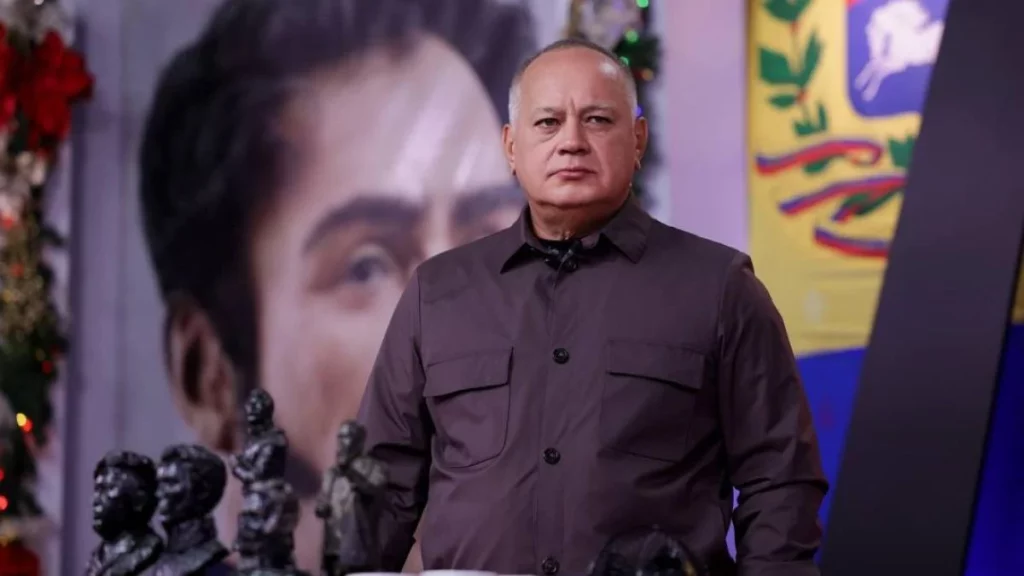Terena and Guarani Kaiowá indigenous people from the Dourados Reserve, in Mato Grosso do Sul, were injured this Wednesday morning (27) during police action to clear the MS-156 Highway. There, members of the Jaguapiru and Bororó communities were protesting due to the lack of water supply. 
Videos recorded by indigenous people show people injured in the leg and ear. The images show unexploded lethal ammunition found by protesters. According to local indigenous leaders, the injured were taken to Hospital da Vida, in Dourados.
According to the Indigenous Missionary Council (Cimi), at least 15 indigenous people were injured, three of them being two women and a child, who required hospitalization. According to the entity, two indigenous people were arrested.
“The police invaded Aldeia Jaguapiru and attacked homes, elderly people, children and a school,” Cimi highlighted in a statement.
In the morning, the Riot Police advanced towards the indigenous people on the highway and pushed them towards the reserve in Dourados until they reached Aldeia Jaguapiru, according to Cimi. “The police invaded the streets of the community bringing terror to the residents, throwing bombs, including at houses, and shooting at everything that moved”, highlighted the entity.
State deputy Pedro Kemp (PT) denounced the police action in a session of the Legislative Assembly of Mato Grosso do Sul this Wednesday morning. “We have to repudiate here the brutal action of the state government through the Military Police. The police cannot enter the indigenous area, as they are doing at the moment. If an indigenous person dies today in Dourados, the responsibility will lie with the Secretary of Public Security and the police command”, he said.
In a statement, the government of Mato Grosso do Sul stated that the Military Police, after “exhausting all avenues of negotiation, and to guarantee constitutional rights”, acted to clear blocked state highways.
“[Os policiais militares] they removed debris and put out fires on the tracks. The security forces will remain effective to guarantee peace throughout the territory of Mato Grosso do Sul. The state government reinforces its commitment to transparency, refuting political-electoral initiatives, and acts in favor of a path of justice and respect”.
The state government also said that it maintained continuous dialogue with the indigenous people, in search of “a peaceful solution, and regrets episodes of aggression and confrontations”.
Lack of water
At 4:35 pm, the highway was still closed and the police had retreated due to the increase in the number of indigenous people heading to the region. “There are children, elderly people, everyone here. We just want water. Water to live, to bathe, to cook, to eat, to give medicine to our countrymen”, said indigenous Luzinete Reginaldo.
According to local indigenous leaders, the lack of water has occurred for approximately five years due to the increase in population in the Jaguapiru and Bororó villages. There are three wells to serve around 18 thousand indigenous people. According to Cimi, the responsibility for water supply lies with the federal government in partnership with states and city halls.
In a note, the Ministry of Health, through the Secretariat of Indigenous Health (Sesai) and the Special Indigenous Health District (DSEI) Mato Grosso do Sul, stated that it maintains a contract for the distribution of more than 70 thousand liters of drinking water per week via tanker trucks and coordinates with the city of Itaporã the supply of 100 thousand liters of water per day, 50 thousand of which are destined for Jaguapiru and 50 thousand for Bororó.
“In addition, the drilling of two new wells is underway, one in each village, in partnership with the Municipality of Dourados and the Secretariat of State and Citizenship, with completion expected within 40 days”, says the text.
The ministry also said that Sesai is also negotiating a joint solution with the Environmental Sanitation Secretariat of the Ministry of Cities, the state government and the Mato Grosso do Sul Sanitation Company (Sanesul). “The proposal includes the extension of the supply network that serves the urban region of Dourados and the formalization of agreements for the operation and maintenance of the system, aiming at structural and long-term solutions.”
According to the ministry, the communities already have 14 simplified water supply systems, and that they “do not fully meet local demand due to high rates of waste and inadequate use of treated water”.















